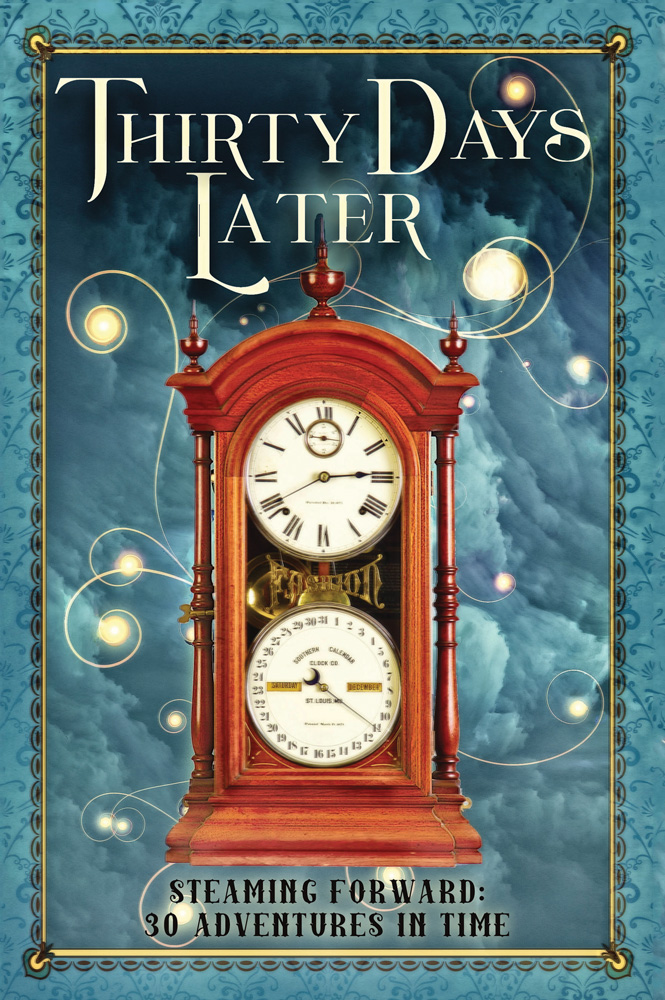
English: Graphical representation of Flower & Hayes’ (1981) model of the cognitive processes involved in writing. (Photo credit: Wikipedia)
by Lillian Csernica on April 25, 2013
Taken from Wikipedia.org:
“The principle of linguistic relativity holds that the structure of a language affects the ways in which its speakers conceptualize their world, i.e. their world view, or otherwise influences their cognitive processes. Popularly known as the Sapir–Whorf hypothesis, or Whorfianism, the principle is often defined as having two versions: (i) the strong version that language determines thought and that linguistic categories limit and determine cognitive categories and (ii) the weak version that linguistic categories and usage influence thought and certain kinds of non-linguistic behaviour.”
Creation of new languages is often found in science fiction and fantasy. Prison authorities have recently discovered that inmates have resurrected Elizabethan thieves’ cant for use as a code when arranging drug deals. A number of studies have shown twins developing their own private language. This phenomenon is known as cryptophasia. Also worth noting is idioglossia, a private language developed and spoken by one individual.
Consider the possibilities of using Whorf‘s Hypothesis when creating your characters and the language(s) they speak. If language shapes thought and that thought shapes behavior, the introduction of a foreign language or loan-words could potentially alter the cognitive functioning of the indigenous population. Imagine this knowledge in the hands of a linguist who has a reason for tampering with the local population’s ideas about and behavior toward the visiting anthropologists, or perhaps one person in particular. I see the potential for all kinds of trouble, don’t you? Trouble means conflict, and conflict means stories worth telling.
For more insight into the plot and characterization possibilities, please read How Language Shapes Thought by Lera Boroditsky.
Related articles
- Words Matter: The Link Between Language and the Brain (mad4science.wordpress.com)
- Wait, so what is it you actually study? (redmonston.wordpress.com)




















Wow! I haven’t thought about this since I had a linguistics course many years ago. Thanks for the reminder and how it could affect story writing. Great post!
LikeLike
Hi, Tyrean! You’re certainly welcome. Thanks for the comment!
LikeLike
Pingback: The genesis of a new realm called “possibility” | power of language blog: partnering with reality by JR Fibonacci
Phew! Had to read that first paragraph a few times. I’ve always thought that the language influences how we see things. In Russian, the word for “good job” is “molodetz” which means “young man” literally. Russian is a bit of a sexist language that way. As for structure of language, that would be harder for me to come up with an example.
LikeLike
I speak enough Russian to get by in church during the litanies. I do know some interesting words, such as strannya and nyekulturni. I love learning about language.
LikeLike
Oh, my goodness! This is interesting. Having studied languages form modern French to ancient Greek, I have been stuck ii the past about how language affects worldview. But I had never heard of Whorf’s thinking. (I know the other Whorf, but that, truly, is a different story, in yet a different language.)
Thanks for this, I will pursue it.
Blessings and Bear hugs!
Bears Noting
LikeLike
My pleasure, Rob. I was quite pleased to learn about it. Opens up whole avenues of thought!
LikeLike
Since learning Danish recently, I have a whole new respect for how language can affect thinking. I had no idea there was a word for it…. fascinating
LikeLike
Isn’t it? I’m learning Japanese right now. Their cultural matrix is so different from the American mindset that sometimes it takes my teacher a few minutes to get the concept across to me. It’s all worth it!
LikeLike
Pingback: Hopes and Dreams: My Writing and My Sons